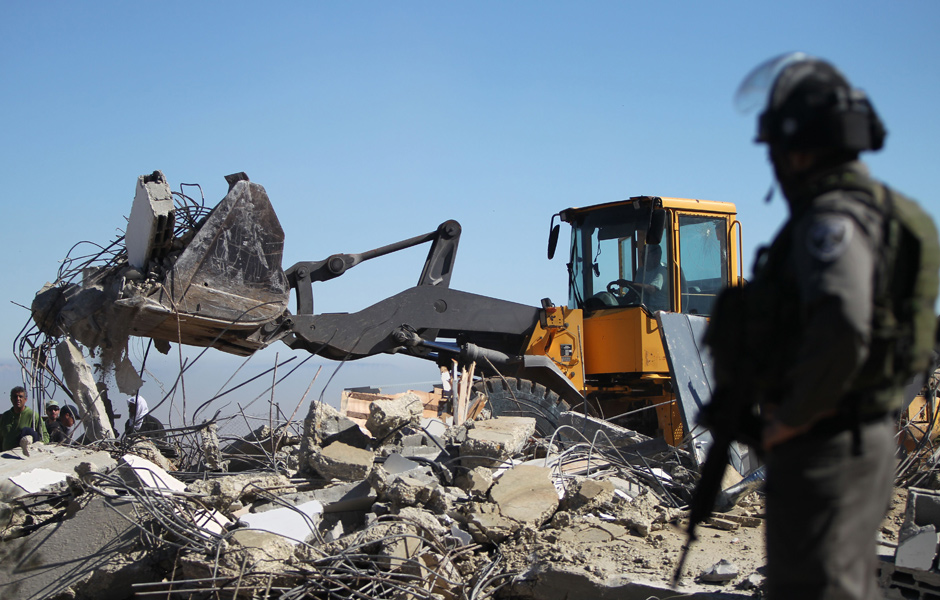Israel froze on Friday a controversial settlement law that legalizes dozens of Jewish settlements built on private Palestinian land, which the UN labeled a “thick red line”.
Supreme Court documents seen by AFP show that Judge Neal Hendel issued Thursday an open-ended restraining order suspending a bill passed by parliament that would retroactively legalize a number of outposts across the occupied West Bank.
The decision was in response to a petition brought by 17 Palestinian local councils on whose land the settlements are built. Israeli and Palestinian rights groups were also parties to the petition.
The development has not however hindered Israeli authorities from demolishing Arab houses throughout the territories.
Hendel wrote in his decision that Attorney General Avichai Mandelblit had asked him to grant the order.
It did not specify a time limit but demanded that Israel’s parliament, the Knesset, deliver its response by September 10 and that Mandelblit submit an opinion by October 16.
The act, known as the “legalization law”, was passed in February and brought immediate condemnation from around the world.
International law considers all settlements to be illegal, but Israel distinguishes between those it sanctions and those it does not — so-called outposts.
Mandelblit himself warned the government the law could be unconstitutional and risked exposing Israel to international prosecution for war crimes.
UN envoy for the Middle East peace process Nickolay Mladenov said following the February Knesset vote the bill set a “very dangerous precedent.”
“This is the first time the Israeli Knesset legislates in the occupied Palestinian lands and particularly on property issues,” he told AFP at the time.
“That crosses a very thick red line.”
The act allows Israel to appropriate Palestinian private land on which settlers built without knowing it was private property or because the state allowed them to do so. Palestinian landowners whose property was taken for settlers would be compensated with cash or given alternative plots.
Palestinians said the law was a means to “legalize theft” and France called it a “new attack on the two-state solution.”
Some members of Prime Minister Benjamin Netanyahu’s right-wing government advocate the annexation of much of the West Bank, a move that would end any hope of an independent Palestinian state.
Mladenov said that the “legalization law” could be a prelude to that.
“It opens the potential for the full annexation of the West Bank and therefore undermines substantially the two-state solution,” he said after its passing.
On Thursday, Israeli authorities demolished four houses belonging to Arab residents in al-Naqab.
The authorities had since Tuesday tasked bulldozers, protected by hundreds of policemen, with destroying the residences of Arabs in the region, claiming that they were illegal.
The razing of the houses is primarily aimed at forcing Arab residents in al-Naqab to despair and eventually leave their homes and properties.
In Umm al-Hayran, which Israel does not recognize, clashes broke out between the police and residents after Israeli bulldozers entered the village.
Head of the popular committee in Umm al-Hayran, Raed Abou al-Qaayan said: “The clashes erupted after the vehicles and police came into our town in order to uproot us from our homes and land.”
He accused the authorities of seeking to establish the Jewish settlement of Hayran on the ruins of the Arab village.
